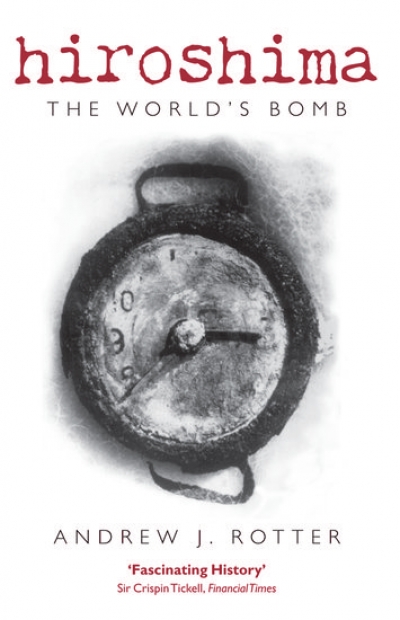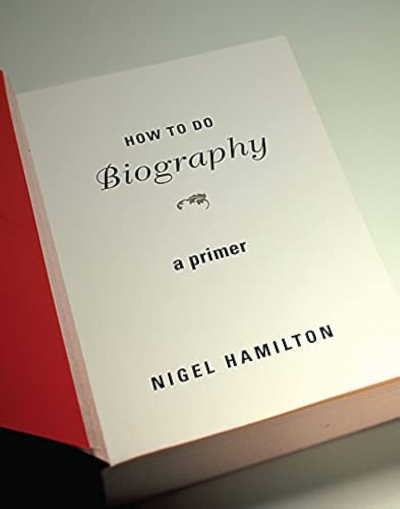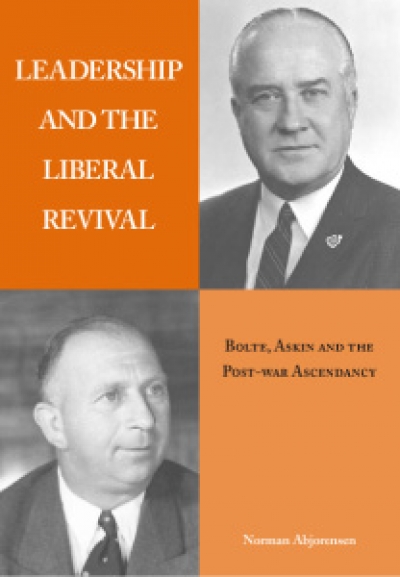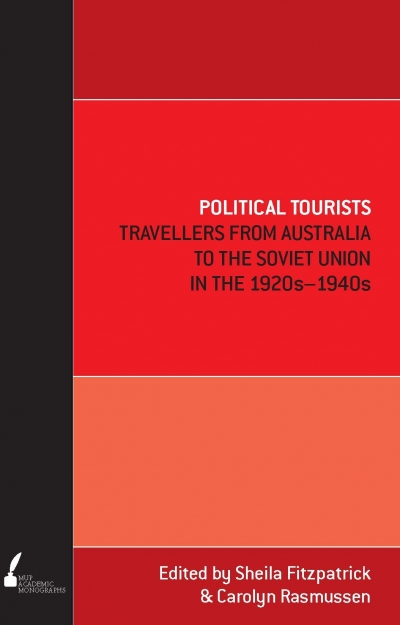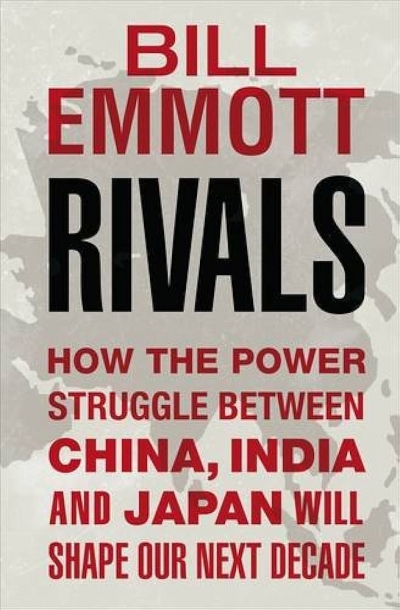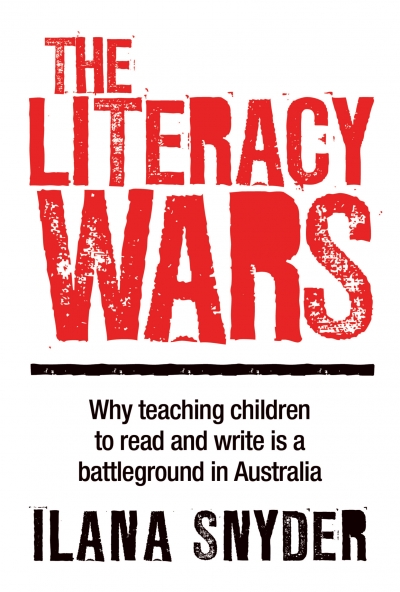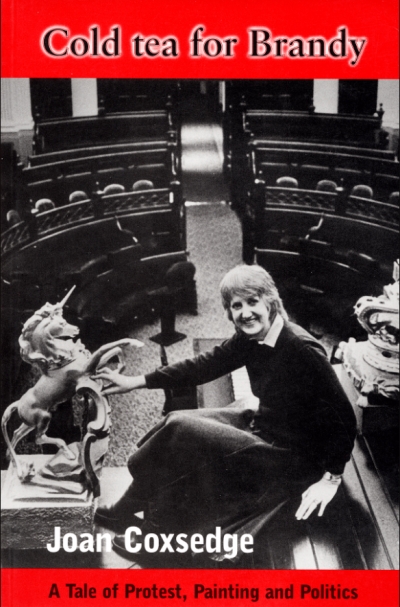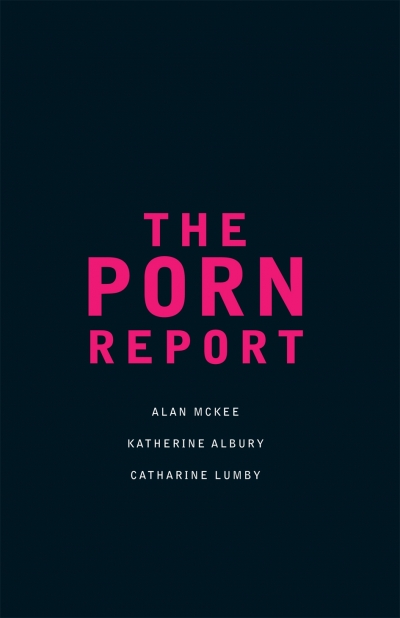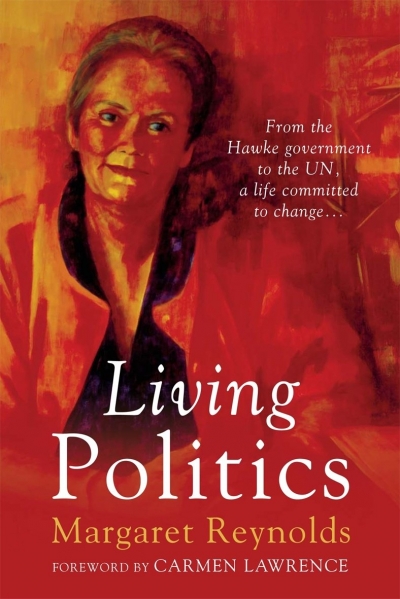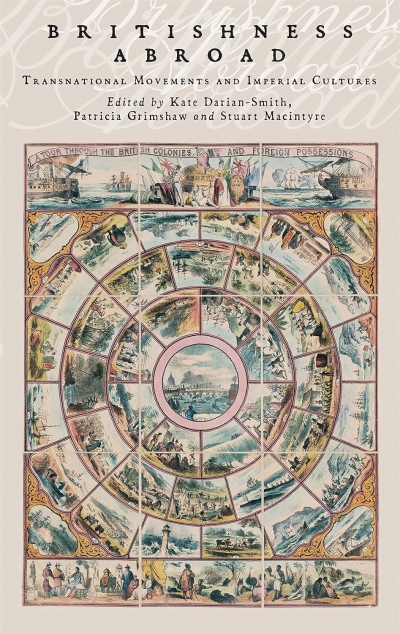NonFiction
Leadership And The Liberal Revival: Bolte, Askin and the post-war ascendancy by Norman Abjorensen
by Don Aitkin •
Political Tourists: : Travellers from Australia to the Soviet Union in the 1920s–1940s edited by Sheila Fitzpatrick and Carolyn Rasmussen
by John Thompson •
Rivals by Bill Emmott & The New Asian Hemisphere by Kishore Mahbubani
by Nick Bisley •
The Literacy Wars: Why teaching children to read and write is a battleground in Australia by Ilana Snyder by Ilana Snyder
by Juliette Hughes •
The Porn Report by Alan McKee, Katherine Albury and Catharine Lumby & Princesses and Pornstars by Emily Maguire
by Jay Daniel Thompson •
Britishness Abroad: Transnational Movements and Imperial Cultures edited by Kate Darian-Smith, Patricia Grimshaw and Stuart Macintyre
by Gillian Dooley •

